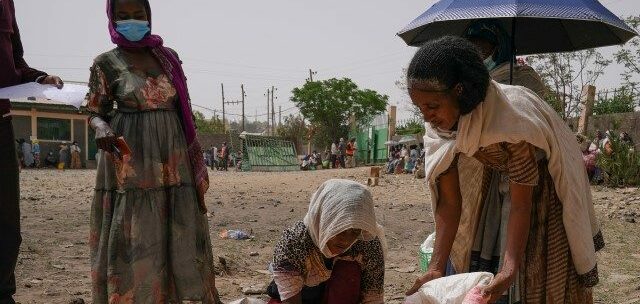Agence France-Presse reported that Ethiopia’s 16-month-old civil war ended on Friday. Separatist militants from Ethiopia’s northern Tigray agreed to a “cessation in hostilities” proposal by Addis Ababa 24 hour earlier to allow humanitarian aid delivery to Ethiopia.
The TPLF confirmed a ceasefire in response to the request of the Ethiopian federal government for a “truce in fighting between the sides” on March 24. Addis Ababa called the truce “indefinite” but stated that it would allow international organizations to provide much-needed humanitarian assistance to Ethiopian areas affected by the country’s internal conflict.
“To maximize the success of the humanitarian truce the government calls on the Tigray insurgents to cease from any further aggression and pull out from areas they have occupied within neighboring regions,” Ethiopia’s Government Communication Service stated in a press release.
The ongoing civil war in Ethiopia began in November 2020 when militants loyal the TPLF attacked a Tigray federal Ethiopian military base. Addis Ababa launched an air- and ground attack against the TPLF, its allied forces, in response to the aggression. Since then, the conflict has continued for almost 17 months. Fighting is reportedly spreading to Tigray’s neighboring regions (Afar and Amhara). The war in Ethiopia has caused massive internal displacement and forced thousands to flee to neighboring countries like Sudan.
Since several months, international aid organizations have claimed that they cannot deliver humanitarian aid in war-ravaged areas of Ethiopia because of the ongoing fighting between Addis Ababa and the TPLF. The World Food Program (WFP), the United Nations’ food assistance arm, has claimed for several months that they are unable to deliver humanitarian aid to war-ravaged regions of Ethiopia due to incessant fighting between the TPLF and Addis Ababa. Addis Ababa claimed that the Ethiopian federal government was unable to facilitate aid deliveries because of TPLF attacks on its forces.




